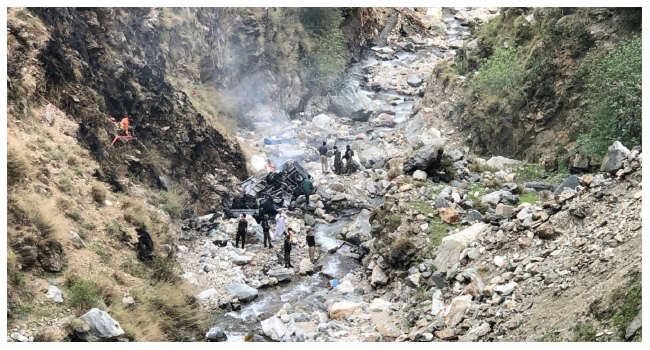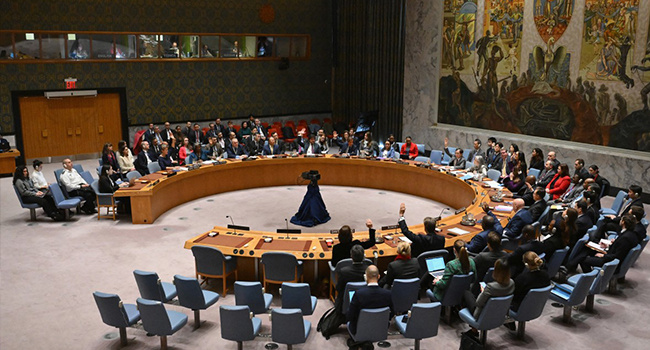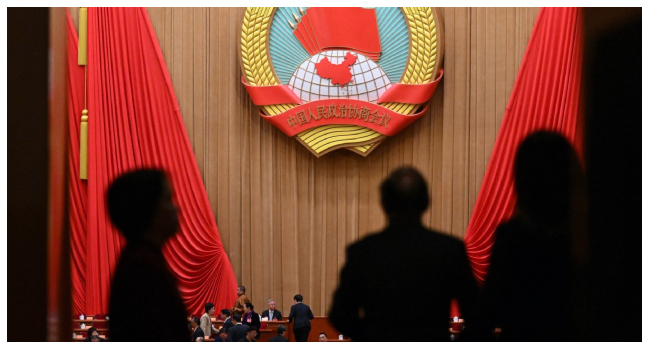
China has removed pangolin parts from its official list of traditional medicines, state media reported Tuesday, days after increasing legal protections on the endangered animal.
Pangolins were left out of the official Chinese Pharmacopoeia this year, along with substances including a pill formulated with bat faeces, the state-owned Health Times reported.
The pangolin, the world’s most heavily trafficked mammal, is thought by some scientists to be the possible host of the novel coronavirus that emerged at a market in China’s Wuhan city last year.
Its body parts fetch a high price on the black market as they are commonly used in traditional Chinese medicine, although scientists say they have no therapeutic value.
China’s forestry authority on Friday gave pangolins the highest level of protection in the country due to its threatened status.
“Depleted wild resources” are being withdrawn from the Pharmacopoeia, Health Times reported, although the exact reason for the removal of pangolins was unclear.
China has in recent months banned the sale of wild animals for food, citing the risk of diseases spreading to humans, but the trade remains legal for other purposes — including research and traditional medicine.
The World Wide Fund for Nature on Saturday said it “strongly welcomed” China’s move to upgrade protections for the pangolin, calling it an “important respite” from the illegal pangolin trade.




